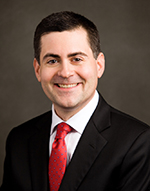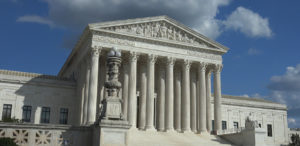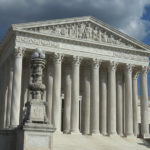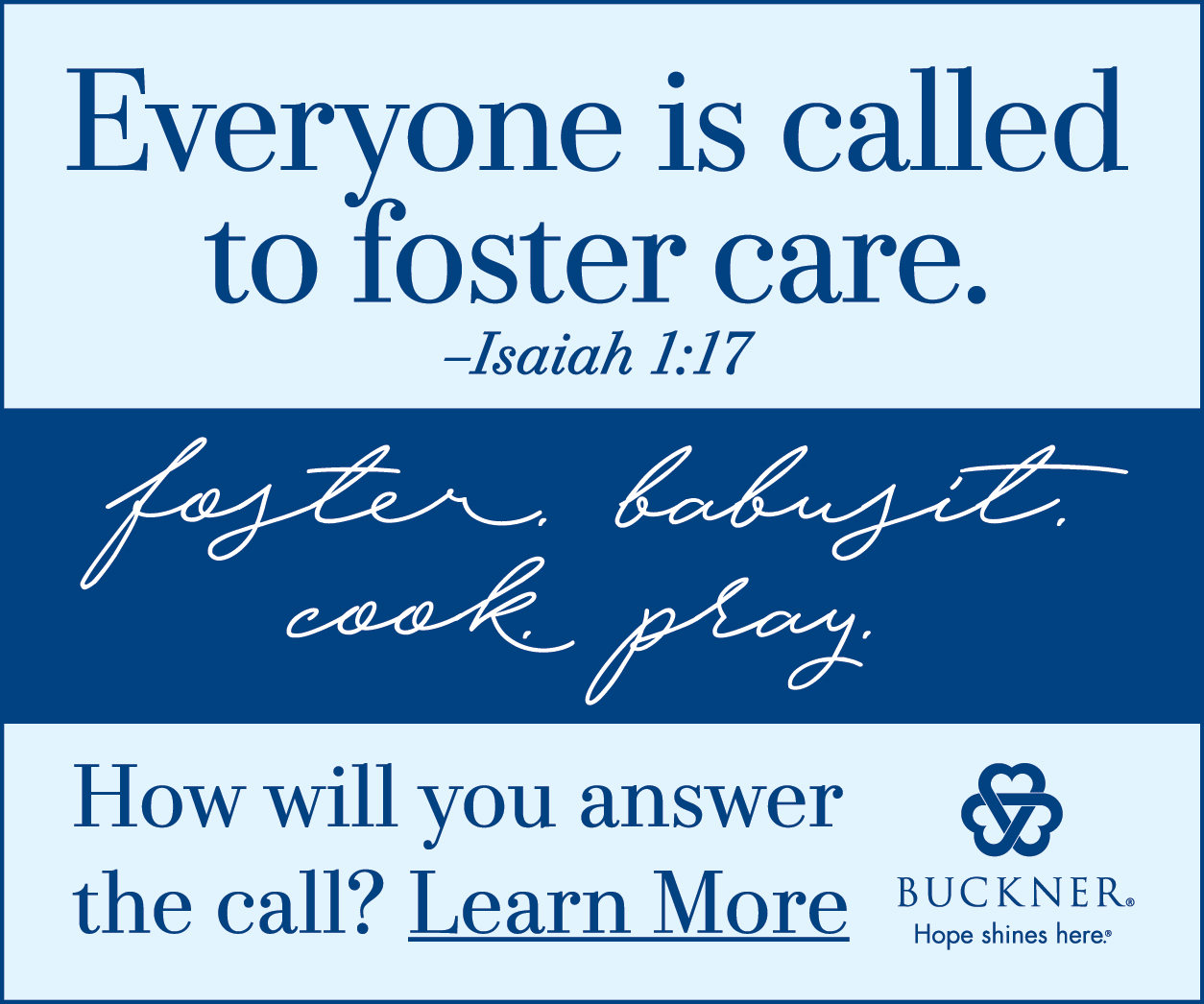WASHINGTON (BP)—Some religious freedom advocates and four justices expressed strong disagreement with the U.S. Supreme Court’s refusal to grant relief to a church seeking equal treatment under Nevada’s COVID-19 restrictions.
The high court on July 24 denied a request from Calvary Chapel Dayton Valley to block enforcement of Gov. Steve Sisolak’s order that limits indoor religious gatherings to 50 worshipers regardless of the size of the building.
His directive permits casinos, gyms, bowling alleys and some other venues to operate at 50 percent capacity regardless of their size.
The Supreme Court’s majority rejected the request for an injunction without comment. Associate Justices Clarence Thomas, Samuel Alito, Neil Gorsuch and Brett Kavanaugh disagreed in a combination of three dissenting opinions.
Missed chance to ‘bring sanity’ to the issue
Critics of the high court’s rejection of the emergency application called it one in a series of incidents in which some churches and religious groups have asserted state and local policies appear biased against their meetings during the pandemic.

Southern Baptist ethicist Russell Moore said he was “saddened and disappointed” the high court “did not take this opportunity to bring sanity into this dispute over religious exercise in Nevada.”
“As a nation, we are all facing an unprecedented global pandemic, and we must all work together to combat this virus,” said Moore, president of the Southern Baptist Convention’s Ethics & Religious Liberty Commission.
Essentially every court and nearly every religious organization has agreed the government “has legitimate rights and obligations to protect public health in an emergency such as this,” he said.
“Every restriction, though, must be both rooted in compelling interest and be consistently applied,” Moore added. “Nevada from the start should have relied on pastors and religious leaders to be partners in combating COVID-19 as they have apparently done with casino magnates. Nevada’s insistence on treating churches differently than casinos is inexplicable and must stop.”
Sign up for our weekly edition and get all our headlines in your inbox on Thursdays
Complex issues, complicating factors

From a constitutional perspective, “we expect religious gatherings to be treated at least as favorably as other such gatherings” under the law, said Holly Hollman, general counsel and associate executive director of the Baptist Joint Committee for Religious Liberty.
Hollman noted the complex issues and complicating factors surrounding public health and safety restrictions on religious gatherings during the pandemic. The changing nature of government directives and guidelines, newly developing information about the best ways to avoid the spread of the virus and “political pressure from all sides” all contribute to the difficulty of these cases, she observed.
“What is surprising about this case is that it’s hard to see how church gatherings present more of a threat than casino gatherings,” she said.
The Alliance Defending Freedom, which is representing Calvary Chapel in the case, expressed disappointment but said it would continue its effort to protect the churches from discrimination.
“The First Amendment requires the government to treat religious organizations, at a minimum, the same as comparable secular organizations,” ADF Senior Counsel David Cortman stated. “When the government treats churches worse than casinos, gyms and indoor amusement parks in its COVID-19 response, it clearly violates the Constitution.”
Favoring ‘Caesars Palace over Calvary Chapel’
In his dissent, Alito said the fact Nevada “would discriminate in favor of the powerful gaming industry and its employees may not come as a surprise, but this court’s willingness to allow such discrimination is disappointing. We have a duty to defend the Constitution, and even a public health emergency does not absolve us of that responsibility.”

The church is “very likely” to be successful, Alito wrote, in claiming the directive’s “discriminatory treatment of houses of worship violates the First Amendment,” which includes protections for free exercise of religion and freedom of speech.
Thomas and Kavanaugh joined Alito in his dissent.
Meanwhile, Gorsuch said in a separate, one-paragraph dissent: “In Nevada, it seems, it is better to be in entertainment than religion. Maybe that is nothing new. But the First Amendment prohibits such obvious discrimination against the exercise of religion. The world we inhabit today, with a pandemic upon us, poses unusual challenges. But there is no world in which the Constitution permits Nevada to favor Caesars Palace over Calvary Chapel.”
In its appeal to the Supreme Court, Calvary Chapel said it has established health-and-safety guidelines in preparation for corporate worship that include restricting attendance to 50 percent of the capacity required by the fire code, mandating six feet between different households and limiting the length of Sunday services to 45 minutes.
A federal court and the Ninth Circuit Court of Appeals each previously had denied Calvary Chapel’s motion for an injunction. The case will return to federal court for consideration on the merits of the church’s arguments.
With additional reporting from Managing Editor Ken Camp.














We seek to connect God’s story and God’s people around the world. To learn more about God’s story, click here.
Send comments and feedback to Eric Black, our editor. For comments to be published, please specify “letter to the editor.” Maximum length for publication is 300 words.